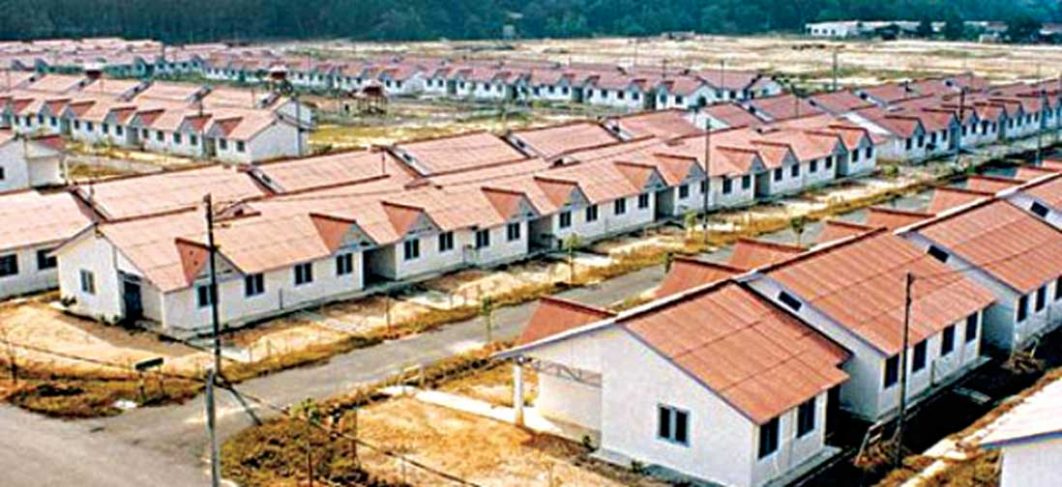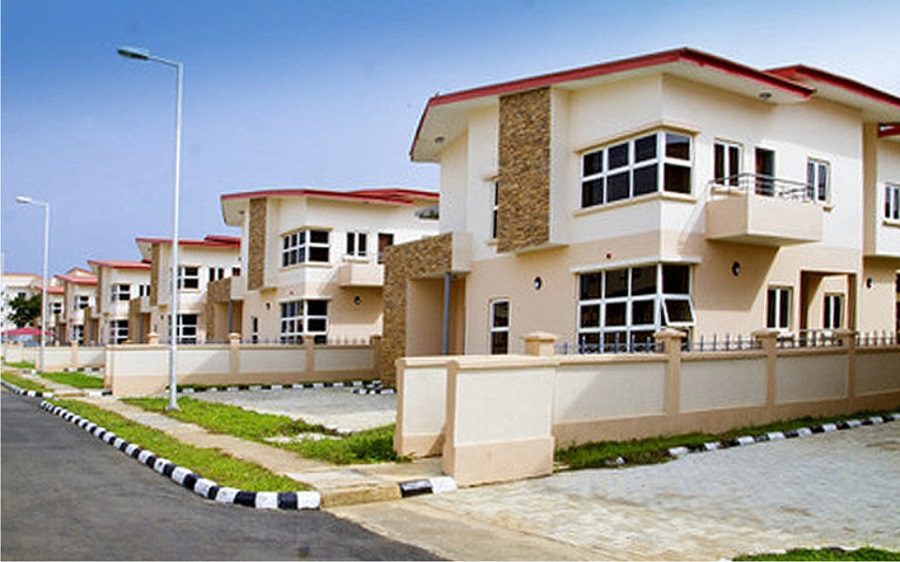
The rate on a 30-year set re-finance reached 6.62% today, according to the Mortgage Proving Ground. Rates averaged 5.54% for a 15-year funded mortgage and 6.35% for a 20-year financed mortgage.
Related: Compare Current Refinance Rates

30-Year Fixed Refinance Interest Rates Climb 0.96%
At 6.62%, the typical rate on a 30-year fixed-rate mortgage re-finance is up 0.96% from a week earlier.
The 30-year set mortgage refi APR (yearly portion rate) is 6.64%. At this time last week, it was 6.58%. The APR represents the all-in cost of your loan.
At today's rates of interest of 6.62%, debtors with a 30-year fixed-rate refinance mortgage of $100,000 will pay $640 per month in principal and interest (taxes and charges not consisted of), the Forbes Advisor mortgage calculator shows. In total interest, you 'd pay $130,917 over the life of the loan.
20-Year Refi Rates Climb 1.15%
The 20-year set mortgage re-finance typical rate stands at 6.35%, versus 6.28% recently.
The APR, or interest rate, on a 20-year fixed mortgage is 6.39%. It was 6.32% recently.
At the present interest rate, a 20-year, fixed-rate mortgage refinance of $100,000 would cost $737 each month in principal and interest. That does not consist of taxes and fees. That debtor would pay approximately $77,373 in total interest over the life of the loan.
15-Year Fixed Refinance Rates Climb 1.97%
The typical rate of interest on the 15-year set re-finance mortgage is 5.54%. A week ago, the 15-year fixed-rate mortgage was at 5.43%.
The annual percentage rate on a 15-year fixed is 5.58%. Recently, it was 5.48%.
At today's rates of interest, a 15-year fixed-rate mortgage would cost approximately $819 per month in principal and interest per $100,000 obtained. You would pay around $47,879 in total interest over the life of the loan.
30-Year Jumbo Refinance Interest Rates Climb 1.34%
The typical rate of interest on the 30-year fixed-rate jumbo mortgage re-finance (a loan above the federal conforming loan limit of $806,500 in a lot of places) inched up week-over-week to 6.73%. A week ago, the typical rate was 6.64%.
Borrowers with a 30-year fixed-rate jumbo mortgage refinance with today's interest rate will pay $647 per month in principal and interest per $100,000 borrowed.
15-Year Jumbo Refinance Rates Climb 1.61%
A 15-year, fixed-rate jumbo mortgage refinance is 5.94% usually, up 1.61% from recently.
At today's rate of interest, a debtor with a 15-year, fixed-rate jumbo refinance would pay $840 per month in principal and interest per $100,000 obtained. Over the life of the loan, that debtor would pay around $51,525 in overall interest.
Are Refinance Rates and Mortgage Rates the Same?
Refinance rates are different from mortgage rates and tend to be slightly higher. The rate difference can vary by program and is something to consider as you compare the very best mortgage refinance lenders.
In addition to having various refinance rates for standard, FHA, VA and jumbo applications, cash-out refinance rates are greater as you're obtaining from your offered equity.
Rates for government-backed loan programs such as FHA and VA mortgage refinances can be lower than a conventional or jumbo refinance, as there is less threat for lending institutions. Still, you ought to compare your estimated loan's yearly percentage rate (APR), which consists of all additional charges and determines the interest charges.
When thinking about a mortgage refinance, compare your present rate of interest, mortgage balance and loan term with the new rate of interest and term. This contrast assists you approximate your new monthly payment and savings, making it easier to identify if refinancing is the best choice.
When Refinancing Makes Sense

There are lots of great reasons to refinance your mortgage, but for a lot of house owners, it boils down to reducing the rate of interest, reducing regular monthly payments or paying off the loan faster. Refinancing can also permit you to tap a few of your home's equity or remove private mortgage insurance coverage (PMI).
It is essential to remember that refinancing carries expenses, and because of that makes more sense if you prepare to remain in your home for some time. It can be handy to calculate the "break-even point" for a prospective refinance - to see the length of time it will consider savings from the brand-new mortgage to outweigh closing expenses. Search for out what those charges will be and divide them by the month-to-month cost savings from the new mortgage.

Have a look at our mortgage re-finance calculator to help you decide if this is a good time to refinance.
How To Get Today's Best Refinance Rates
Refinancing a mortgage isn't that various than getting a mortgage in the first location, and it's always clever to have a strategy for discovering the most affordable rate possible. Here are some recommended techniques to get the best rate:
- Polish up your credit rating
- Lower your debt-to-income ratio
- Watch on mortgage rates
- Consider a much shorter loan
Having a strong credit score is one of the very best things you can do to get approved and get a lower rate. You're also most likely to look much better to mortgage re-finance loan providers if you do not have excessive financial obligation relative to your income. You should keep a routine watch on mortgage rates, which fluctuate typically. Also see if you can handle a mortgage payment for a much shorter loan term given that they typically have lower rate of interest.
Refinancing Rate Outlook for 2025
National typical mortgage rates have stayed in the middle-to-high 6% variety since the last quarter of 2024, and specialists expect this trend to continue throughout the very first half of 2025.
Although forecasting mortgage rate of interest is tough, financial indicators like inflation and joblessness rates can provide insights into the direction of the housing market. For example, if inflation slows and national unemployment levels remain steady or rise, the Federal Reserve may cut the federal funds rate, which might result in lower mortgage rates. On the other hand, if inflation stays high and unemployment decreases, rates are most likely to stay constant.
Since mortgage rates are anticipated to experience minimal movement in the very first half of the year, those aiming to refinance at a lower rate must consider waiting till later in the year. In the meantime, enhancing your credit report and making on-time payments will enable you to protect the very best possible rate when you begin buying re-finance deals.
Frequently Asked Questions (FAQs)
Just how much does it cost to re-finance a mortgage?
It can cost as much as 2% to 6% of the complete cost of the loan to re-finance a mortgage. Make sure to discover the precise closing expenses from your lender.

How rapidly can you re-finance a mortgage?
You can typically re-finance a mortgage in as quickly as 45 to 60 days, however it depends upon many aspects - like the type of mortgage you select. Always consult your loan provider before devoting to obtain.







